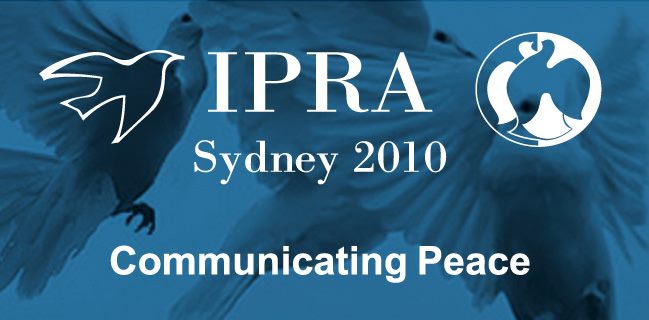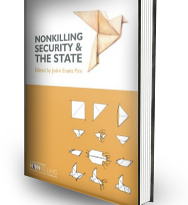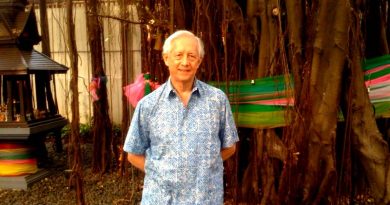Nonkilling at International Peace Research Conference, Sydney
Nonkilling will be present at the 2010 International Peace Research Association Conference to be held in Sidney, Australia, July 6-10. Among other interventions, the Commission on Art and Peace has included the proposal by Olivier Urbain on “The Art of Nonkilling: The Roles of the Arts in Making a Nonkilling Society Possible”.
Urbain, who is a member of the Nonkilling Arts Research Committe, argues that “that both nonkilling arts and ethical commitment to protect life can reinforce each other”, urging for “a systematic exploration of works of art that contribute to a nonkilling society” and initiatives as nonkilling museums, tourism and public programs focused on the arts. Case studies are presented on how art is used to praise the dignity of life; expose, denounce or condemn atrocities and killing (Picasso’s Guernica); empower people so they can avoid having to kill or being killed (Classical music in the slums of Caracas, Venezuela: El Sistema and Gustavo Dudamel); promote a cause or issue conducive to a more humane society (The Humanitarian Art Manifesto) or enhance human qualities that are conducive to nonviolent and humane behavior (Music and arts therapy).
Many other Nonkilling Research Committee members will be present, including among the Organizing Committee, and CGNK’s Leadership Team member Chaiwat Satha-Anand will also be attending. The subject of this year’s conference is “Communicating Peace”, featuring “Art and creative agency in peacebuilding” as one of the themes for Plenary Sessions.
The International Peace Research Association (IPRA) is an international non-governmental organization seeking to advance trans-disciplinary research into the conditions of sustainable peace and the causes of war and other forms of violence. IPRA encourages worldwide cooperation designed to assist the advancement of peace research, in particular: to promote national and international studies and teaching related to the pursuit of world peace, to facilitate contacts and cooperation between scholars and educators throughout the world, and to encourage the worldwide dissemination of the results of peace research.




